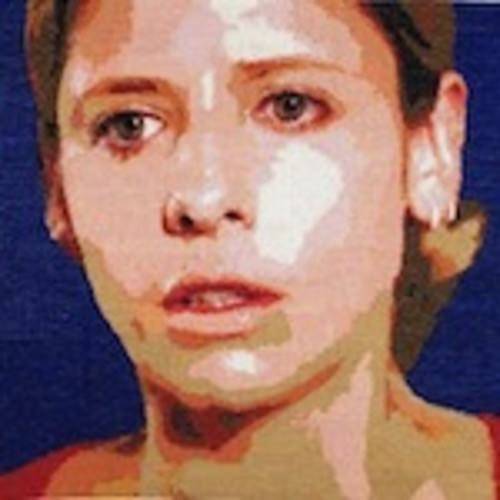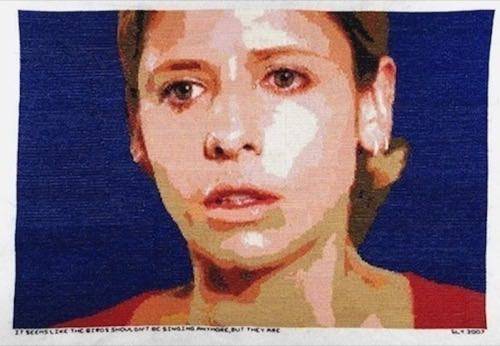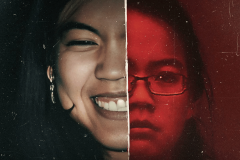If SOPA (Stop Online Piracy Act) passes, artists online will be at risk – especially if Big Media has anything to say about it.

Under SOPA, websites can be blacklisted and removed from the Internet if they appear to be infringing on intellectual property or distributing copyrighted works. This is especially troublesome for artists whose work depends on fair use law and resides at the intersection of art, mass media critique and appropriation.
If SOPA passes, the U.S. government would easily be able to remove art from the Internet by seeking a court order against either the artist or the hosting provider. Corporate lobbyists would decide what art could and could not be shown online.
Brian Kirkbride, co-founder of OtherPeoplesPixels.com, a website building service that designs and hosts artists’ professional portfolios, joined in on the actions against SOPA and the PROTECT-IP bill.
“SOPA makes it nearly impossible to exist as a provider of hosting for user-contributed creative works,” Kirkbride tells us. “It’s difficult to imagine an OtherPeoplesPixels, YouTube, Tumblr or even Twitter existing in a post-SOPA world. The same goes for Facebook.”
If SOPA passes, the U.S. government would easily be able to remove art from the Internet by seeking a court order against either the artist or the hosting provider.
The law would also confiscate payments made to OtherPeoplesPixels, effectively shutting down the entire business and deleting thousands of artists’ websites.
“Even if we assume the best of intent behind these laws,” continues Kirkbride, “they are so flawed with regard to issues of Free Speech, security and a usable Internet that everyone should know about and oppose them.”
Chicago-based artist Stacia Yeapanis utilizes appropriated and often times copyrighted imagery and video to explore America’s love/hate relationship with mass-media and pop culture. Her work lives both online in the Art World’s white cube gallery, and serves as an important critical take on the mediated culture that influences us on a daily basis, whether we care to admit that fact or not.

Yeapanis’ Buffy Summers #2 is a cross-stitch embroidery based off an appropriated screenshot from the popular TV series, Buffy the Vampire Slayer.
SOPA would condemn work such as Yeapanis’ by obliterating fair use law, which allows artists and other creatives to use copyrighted material for “transformative” purposes including commentary, criticism or parody.
“As artists we will lose a key avenue of dissemination [if SOPA passes], one that allows people to get interested in art who would never go to a gallery,” Yeapanis tells us. “The possibilities of this are just beginning to be explored.”
Last week, Internet service provider GoDaddy said it supported SOPA (Stop Online Piracy Act). But the Internet fought back. Cheezburger Network CEO Ben Huh threatened to move his company’s thousands of domains. In the end GoDaddy flip-flopped its stance.
“I think that SOPA and PROTECT-IP have been pushed by a small but powerfully connected entertainment industry with an expert lobbying organization,” Kirkbride says. “What they are attempting involves technology that can be difficult to explain and they’ve done a good job of marketing it as ‘protecting against piracy.'”
Art via StaciaYeapanis.com.





















